From the January 30, 1998 Chicago Reader. Since I barely remember Kundun today, I’m pretty sure I must have overrated it, at least in relation to The Apostle (which I remember far better today, even in its truncated version). –J.R.
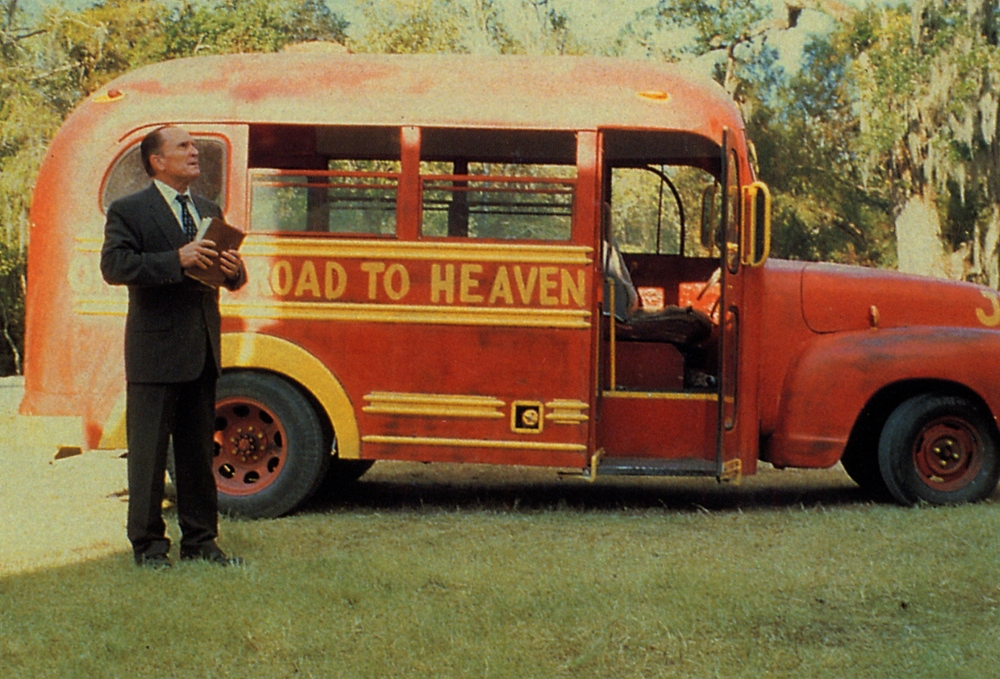
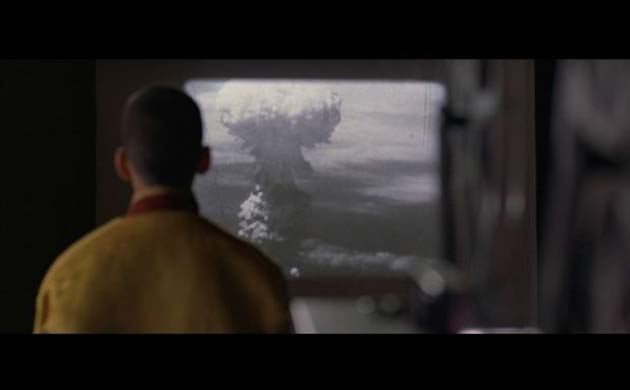
The Apostle
Rating *** A must see
Directed and written by
Robert Duvall
With Duvall, Farrah Fawcett, Miranda Richardson, Todd Allen, John Beasley, June Carter Cash, Billy Joe Shaver, Walter Goggins, Rick Dial, and Billy Bob Thornton.
Kundun
Rating **** Masterpiece
Directed by Martin Scorsese
Written by Melissa Mathison
With Tenzin Thuthob Tsarong, Gyurme Tethong, Tencho Gyalpo, Tsewang Migyur Khangsar, Geshi Yeshi Gyatso, and Robert Lin.
For all their obvious differences, both Kundun and The Apostle are spiritual but nonreligious movies about religious leaders, suffused with a perpetual sense of mystery and driven by an abiding curiosity that provokes our own curiosity as well. As a commercial property, each film amounts to an act of defiance, judging by their critical reception so far. Many mainstream critics have stepped out of Kundun asking, “What could Scorsese have been thinking of?,” and some have come out of The Apostle complaining that it’s basically an ego trip for its writer-director-star.
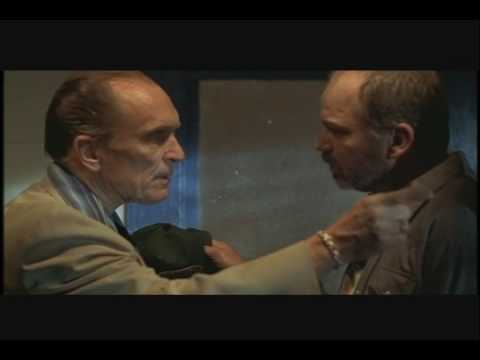
Both reactions perversely miss the point, telling us more about stereotypical commercial expectations in general than about either project in particular. Read more
This is an expanded version of an article published originally (on October 8, 1993) in the Chicago Reader; the Australian DVD label Madman commissioned this longer piece in the summer of 2009. — J.R.
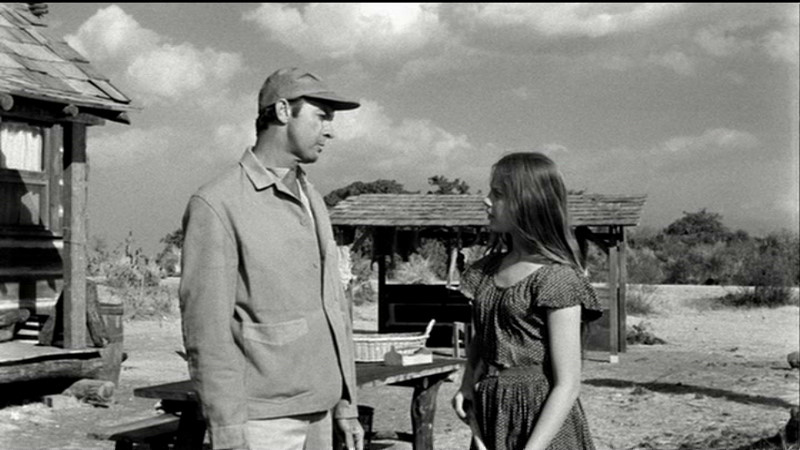
Let’s start with a dream scenario, a movie that might have been. What if Luis Buñuel made a picture with an American producer, American screenwriter, and American actors during the height of the civil rights movement and set it in the rural south? What if the main character were a jazz musician from the north fleeing from a southern lynching, falsely accused of raping a woman? And, to make a still headier brew, what if Buñuel decided to work in the theme of Vladimir Nabokov’s Lolita, a recent best-seller — the deflowering of a young girl by a middle-aged man?
As a piece of exploitation, this hypothetical project fairly sizzles; yet in the hands of a poetic, corrosive, highly moral filmmaker like Buñuel, it might conceivably transcend this category. Allowing for the strangeness that naturally arise from a foreign director taking on such volatile American materials — indeed, a strangeness that might enhance the freshness of his treatment -—one could well anticipate the beauty and excitement such an encounter might produce. Read more
From the Chicago Reader (March 8, 1996). — J.R.
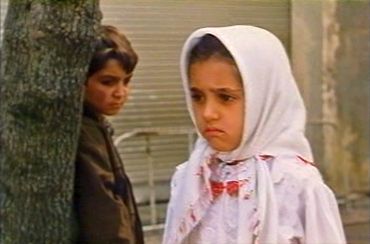
The White Balloon
Directed by Jafar Panahi
Written by Abbas Kiarostami, Panahi, and Parviz Shahbazi
With Aida Mohammadkhani, Mohsen Kalifi, Fereshteh Sadr Orfani, Anna Bourkowska, Aliasghar Samadi, Mohammad Shahani, and Mohammad Bahktiari.

In Iran the first day of spring is New Year’s Day, the celebration of which starts at a different time of day every year, and among the objects used in the celebration is a goldfish, which symbolizes life. The plot of Jafar Panahi’s extraordinary first feature, The White Balloon (opening this week at the Music Box), involves the adventures of Razieh (Aida Mohammadkhani), a seven-year-old girl who has her heart set on buying a new goldfish for the celebration, insisting that the ones her family already has are “too skinny.”
Only 85 minutes long, the film unfolds in real time and almost exclusively in exteriors along a few blocks of Tehran the morning of the New Year. The film opens in a market, where Razieh’s mother (Fereshteh Sadr Orfani) is shopping; she collects Razieh, who’s carrying a blue balloon, and they walk home together. Nearly all of the film’s other major characters — and even a couple of minor ones — are fleetingly glimpsed during this prelude, though we don’t recognize any of them yet. Read more






